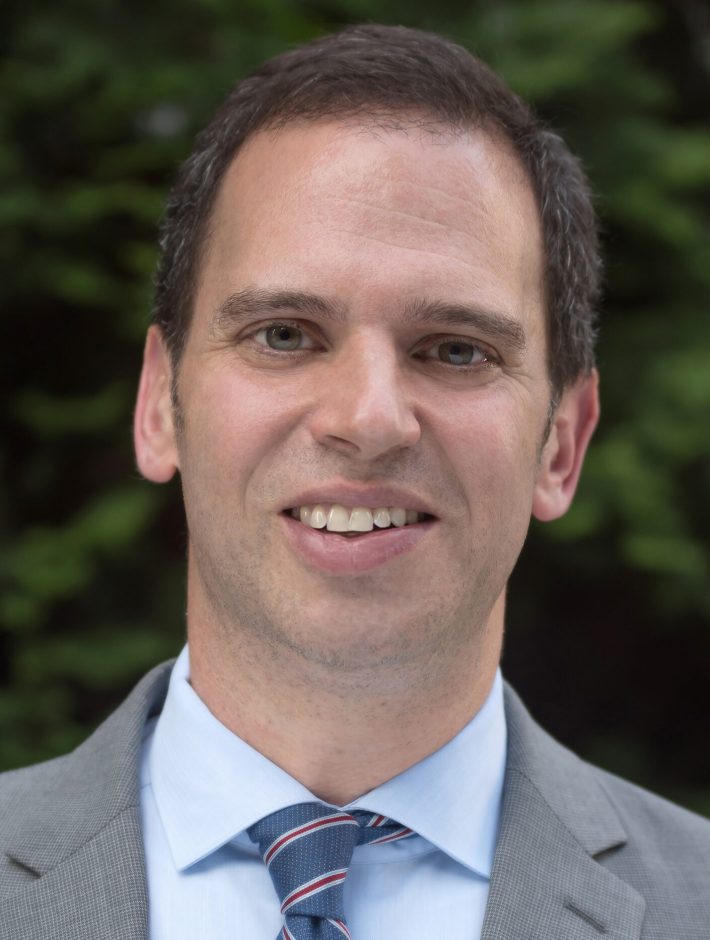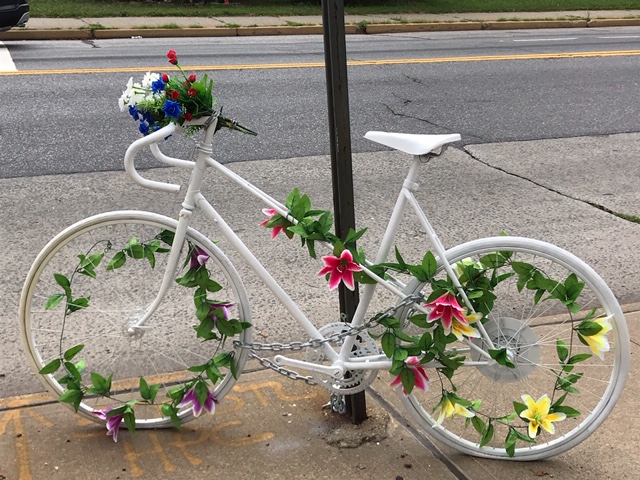
Today we are publishing two contrasting op-eds by candidates for Manhattan District Attorney about how reckless drivers should be punished. One, by Liz Crotty, is here. Below is a counterpoint by Assembly Member Dan Quart.
The city’s response to its epidemic of traffic violence has been woefully inadequate: In the vast majority of cases, a driver hits and kills a pedestrian or cyclist, calls the collision an "accident," and faces few or no consequences.
Take the case of Cooper Stock — in 2014, a cabbie mowed down the 9-year-old boy while he walked in a crosswalk, holding the hand of his father (who was injured). District Attorney Cyrus Vance Jr. ticketed the driver for careless driving and failure to yield, fining him $580 and suspending his license for six months. Vance brought those non-criminal charges 11 months after the crash, and only following a public outcry.

In the vast majority of crashes that maim or kill, arrests are rare and prosecutions even rarer. Family and friends of victims have been forced to fight for justice every step of the way — justice that is often denied.
That’s why, in 2014, the City Council passed the “Right of Way Law,” which can seek criminal penalties for failure to yield, and this year further legislated the Reckless Driver Accountability Act, which seeks to remove repeat offenders from the street before they injure or kill. The latter law requires drivers who rack up five camera-issued red light tickets or 15 speeding tickets in a 12-month period participate in a well-regarded safety course.
I support these laws — and I am running for Manhattan district attorney in part to give the issue of traffic violence the importance it deserves.
As an Assembly member, I introduced legislation last year that would redefine “reckless driving” to “dangerous driving” in the state’s vehicular code. This seemingly small change would make it easier for prosecutors to prove someone engaged in dangerous driving — by removing the need to prove a driver intended to cause harm.
Real penalties must be meted out for dangerous driving. Traffic court and administrative law judges have proved notoriously lenient — often allowing drivers who repeatedly engage in unsafe behaviors off scot free. As long as a person drives sober and pays their fines, their probability of losing driving privileges remains small. Further, drivers who know how to work the system have historically taken advantage of loopholes that include postponing a hearing for months until any points accumulated toward suspension are null.
“Each day that we don’t do something to change this, more lives are being devastated.” https://t.co/BnaRufZFne
— Families For Safe Streets *Vote on Sammy's Law* (@NYC_SafeStreets) November 16, 2020
We often forget that driving is not a right, but a privilege. The average pedestrian or cyclist stands little chance in a collision against a barreling, multi-ton vehicle. Despite the fact that drivers have the power in these situations, the onus for safety is often wrongfully put on the pedestrian.
Although a driver may not intend to hurt someone, failing to yield, blocking a bike lane, and speeding are all dangerous driving behaviors that reasonably could lead to injury or death – and have, again and again. Victims, their communities, and Vision Zero have changed how we think about traffic violence and the law, and our district attorneys need to catch up.
Unfortunately, public education campaigns and pedestrian and cyclist-friendly infrastructure alone may not get us to zero traffic deaths. When district attorneys routinely fail to press charges against drivers who kill, they send a clear message to car owners that there will be no consequences for dangerous driving. In Manhattan, Vance has brought charges in less than one percent of cases involving the death or injury of a pedestrian or cyclist.
That doesn’t mean I am advocating for more incarceration. In fact, if I’m elected, my office would embrace and work to expand restorative justice initiatives, such as the Center of Court Innovation’s Driver Accountability Program, which is now administered to drivers who violate the Reckless Driver Accountability Act. The program has been found to reduce recidivism by 40 percent; following completion, some 89 percent of drivers surveyed reported changing their behavior. That is the goal.
With potentially more cars on the street and more New Yorkers taking up cycling, the problem of traffic violence will not recede without uniform and certain enforcement.
So far this year, our city has seen 238 traffic fatalities of which pedestrians made up the largest share. Our city’s administrative process has largely failed to hold drivers who kill accountable for their actions and as the chief law enforcement officer of a county, it is the district attorney’s job to step in and fill the gap – especially when public safety demands it. If elected, I will.
Dan Quart, who represents parts of Midtown East and the Upper East Side in the state Assembly, is a candidate for Manhattan district attorney.






